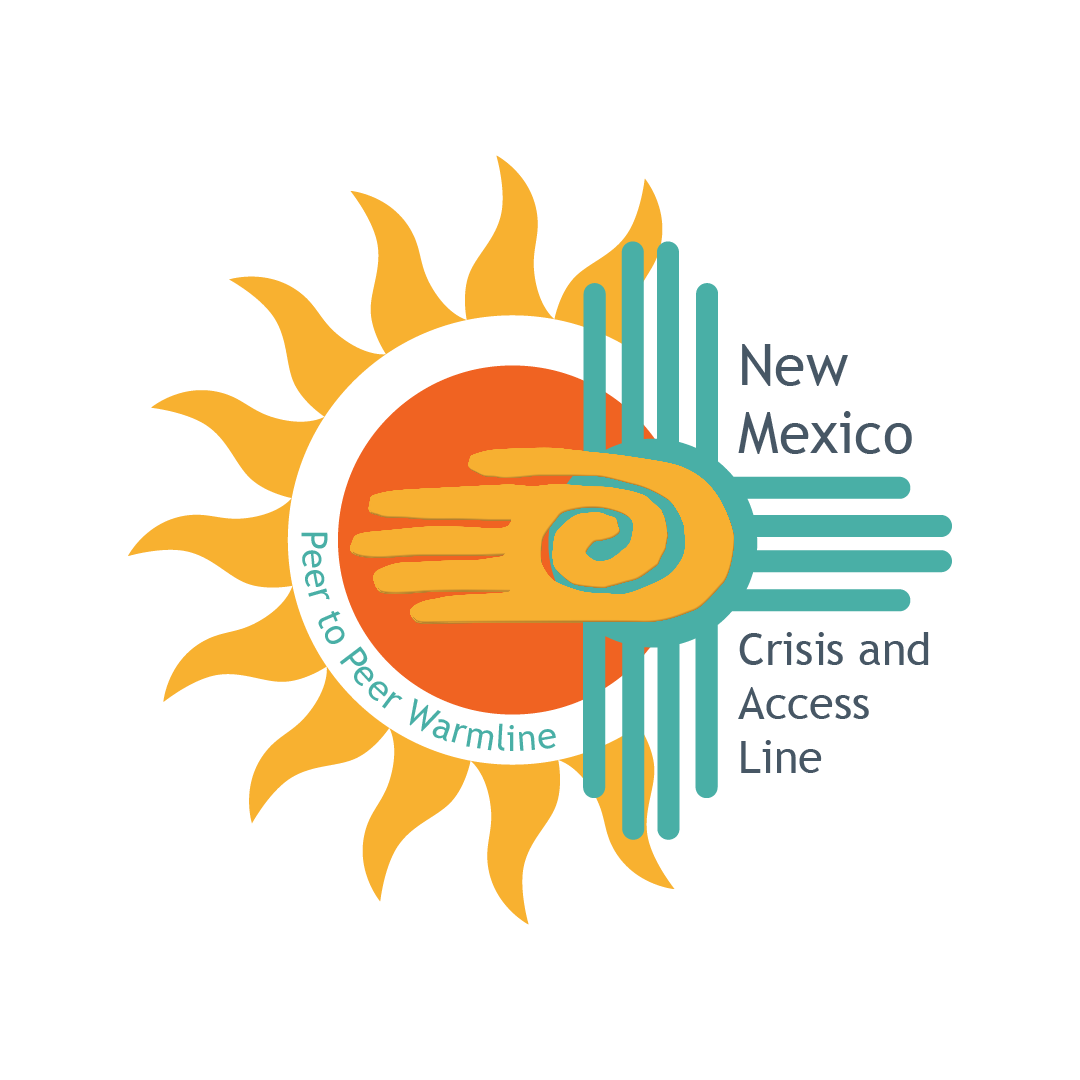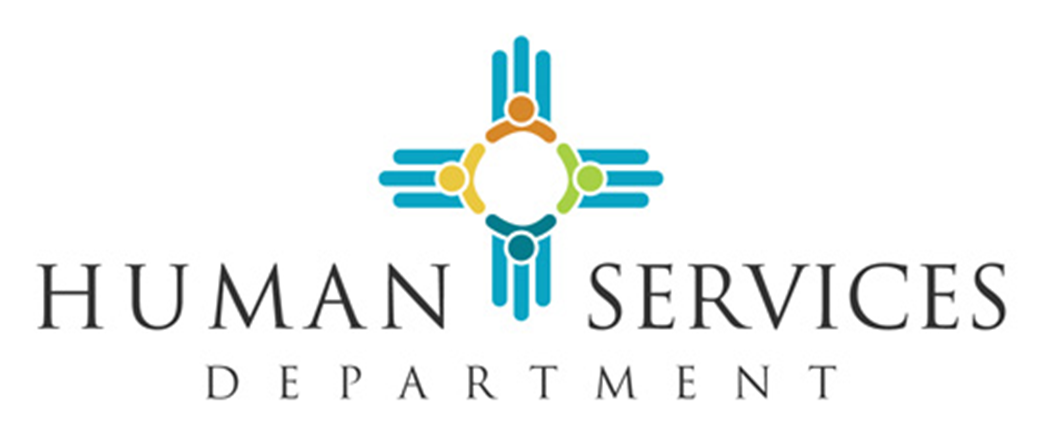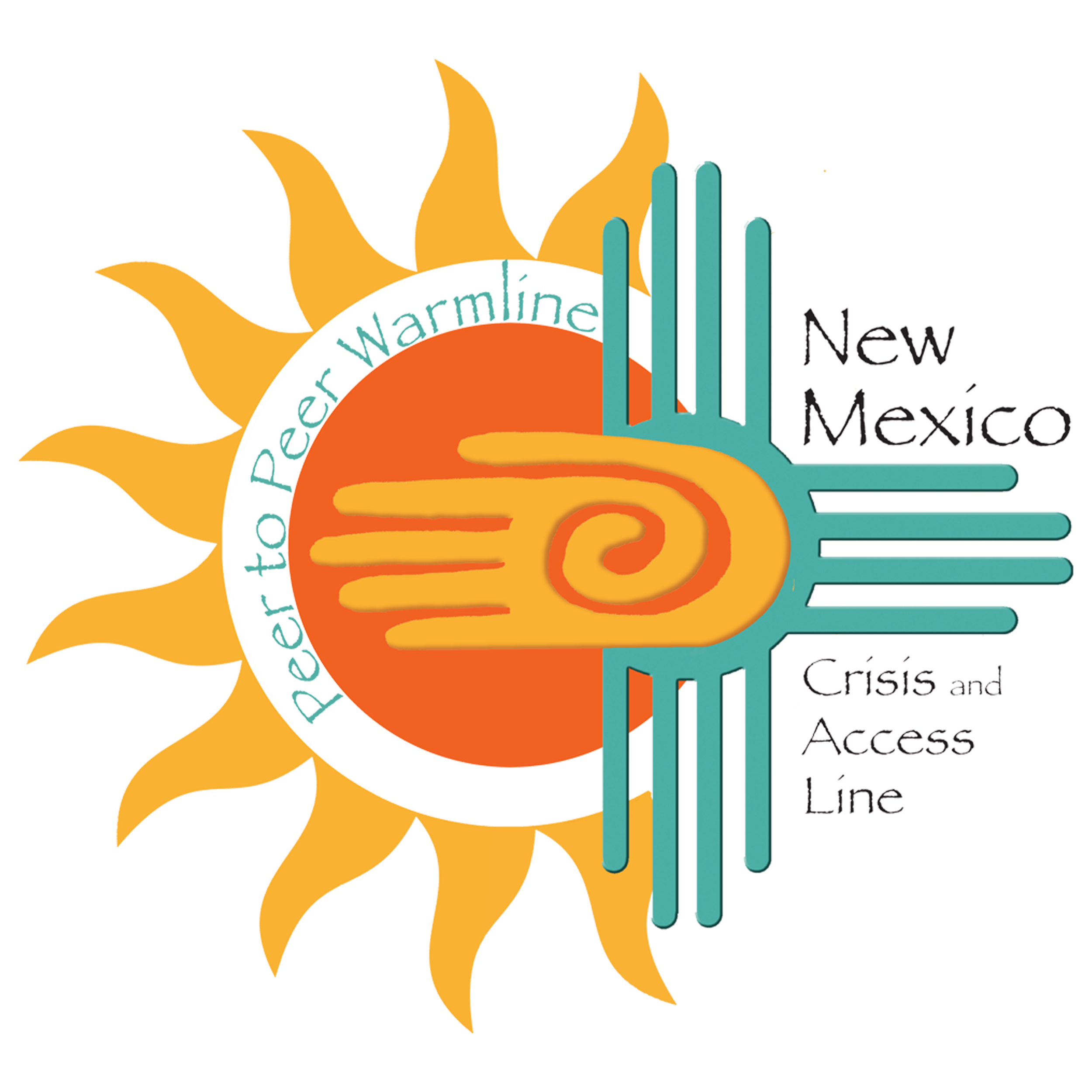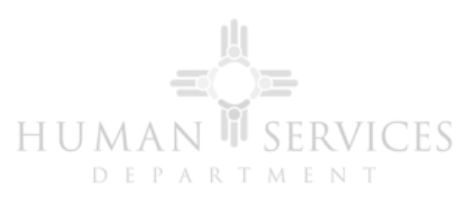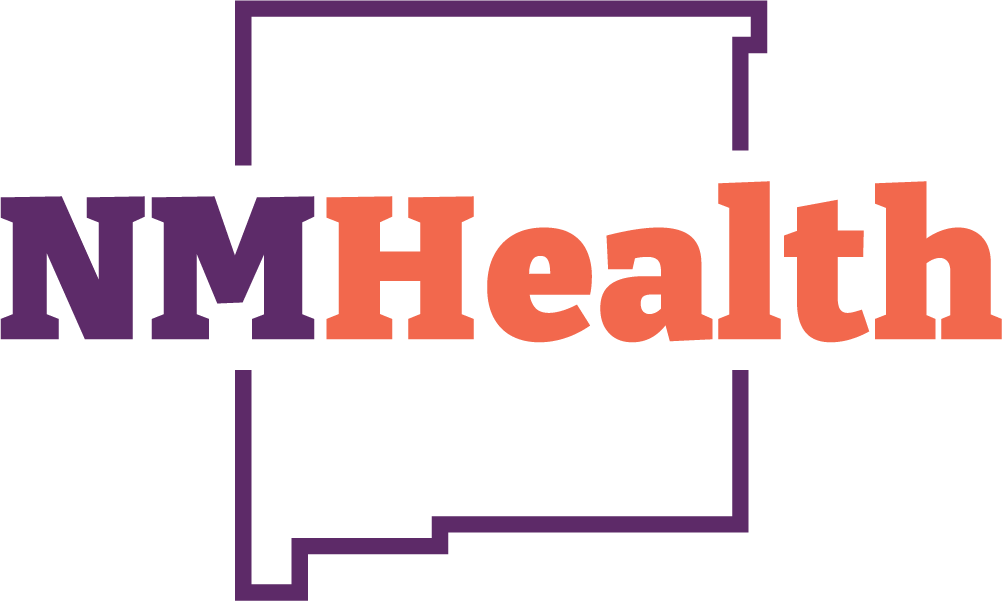Steady Increase in Call Volume Underscores Commitment to Improving Mental Health Care
SANTA FE, N.M. – Gov. Susana Martinez announced today new funding and a statewide advertising campaign for the New Mexico Crisis Access Line, which provides professional 24/7/365 support for New Mexicans experiencing personal and emotional crises.
The “Here, to Hear You,” campaign includes a television advertisement spot with Kevin Hines, author of “Cracked But Not Broken.” Hines became a global speaker and mental health advocate after surviving a suicide attempt from the Golden Gate Bridge.
In the commercial he talks about how he regretted his jump the minute his hand left the rail. The commercial notes that it took only 3.5 seconds for Hines to hit the water – about the same amount of time it takes to dial 1-855-NMCRISIS (1-855-662-7474) and reach professionally trained counselors at NMCAL.
Hines also talks about how lonely he felt prior to his suicide attempt, despite ongoing efforts by family to help him. He said that if one person had just stopped him on the bridge that day to ask if he was alright, he might never have made the jump.
“Everyone needs to be heard. No one should have to suffer alone, and providing around-the-clock, compassionate access to care for individuals and families experiencing a crisis is the cornerstone of an effective system of care,” Martinez said. “That’s why my administration advocated for the establishment of the independently operated statewide New Mexico Crisis and Access Line (NMCAL) in 2013, as part of
our ongoing commitment to improve mental health care for all New Mexicans.”
The Administration also unveiled additional funding to fund the next step in the movement towards a truly coordinated, always available, front door to care for individuals and families in crisis and create a true single point of crisis care in New Mexico to ensure greater access consistency regardless of the time of day or week. NMCAL will begin coordinating call responses for consumers seeking after-hours care from Core Service Agencies that coordinate care for those with serious mental illness, severe emotional disturbance or dependence on alcohol or drugs.
Finally, a statewide, peer operated warm line will be launched in the coming months. Peer counselors at the New Mexico Peer2Peer Warmine, while in recovery themselves, will offer confidential and non-judgmental peer support grounded in the premise that people have learned to make meaning of their life experiences and relationships, and can use those experiences to support others in recovery. The New Mexico P2P line will offer meaningful professional employment opportunities for those in recovery and support the long-term needs to develop a larger and more diverse workforce of trained and caring individuals.
Since it’s inception, the New Mexico Crisis and Access Line has helped more than 30,000 calls from New
Mexicans. Last year alone, NMCAL counselors were able to support and create safety plans for 92 percent of the more than 2,000 people who called to report they or a loved one was considering suicide.
“It is important to note, however, that NMCAL is not a just a suicide prevention line,” Martinez said.
“Professionally trained counselors are available 24 hours a day, seven days a week to help anyone who
is suffering a personal crisis, whether that’s anxiety, substance abuse, physical abuse, divorce, job loss, grief or other issues. We want to make sure no New Mexican has to feel alone.”
ProtoCall, Inc., operates the crisis line with 80 masters-level and above clinicians to provide consumer-centric, best practice clinical services. Calls to NMCAL have increased dramatically since its 2013 launch, with counselors last month answering 1500 calls, compared to 160 calls in the first month of operation. Martinez said the success of the crisis line shows how outreach and other efforts by the state to improve mental health care for New Mexicans are working.
“Last year, 84 percent of our Medicaid population received behavioral health services—an increase of x
% from previous years,” Martinez said. NMCAL staff is professionally trained to help support a person experiencing a crisis and establish a safety plan that includes referral to the appropriate behavioral health resources in their community. The NMCAL coordinates with local provider agencies, respite, warm lines, emergency rooms, law enforcement agencies and correctional facilities.
